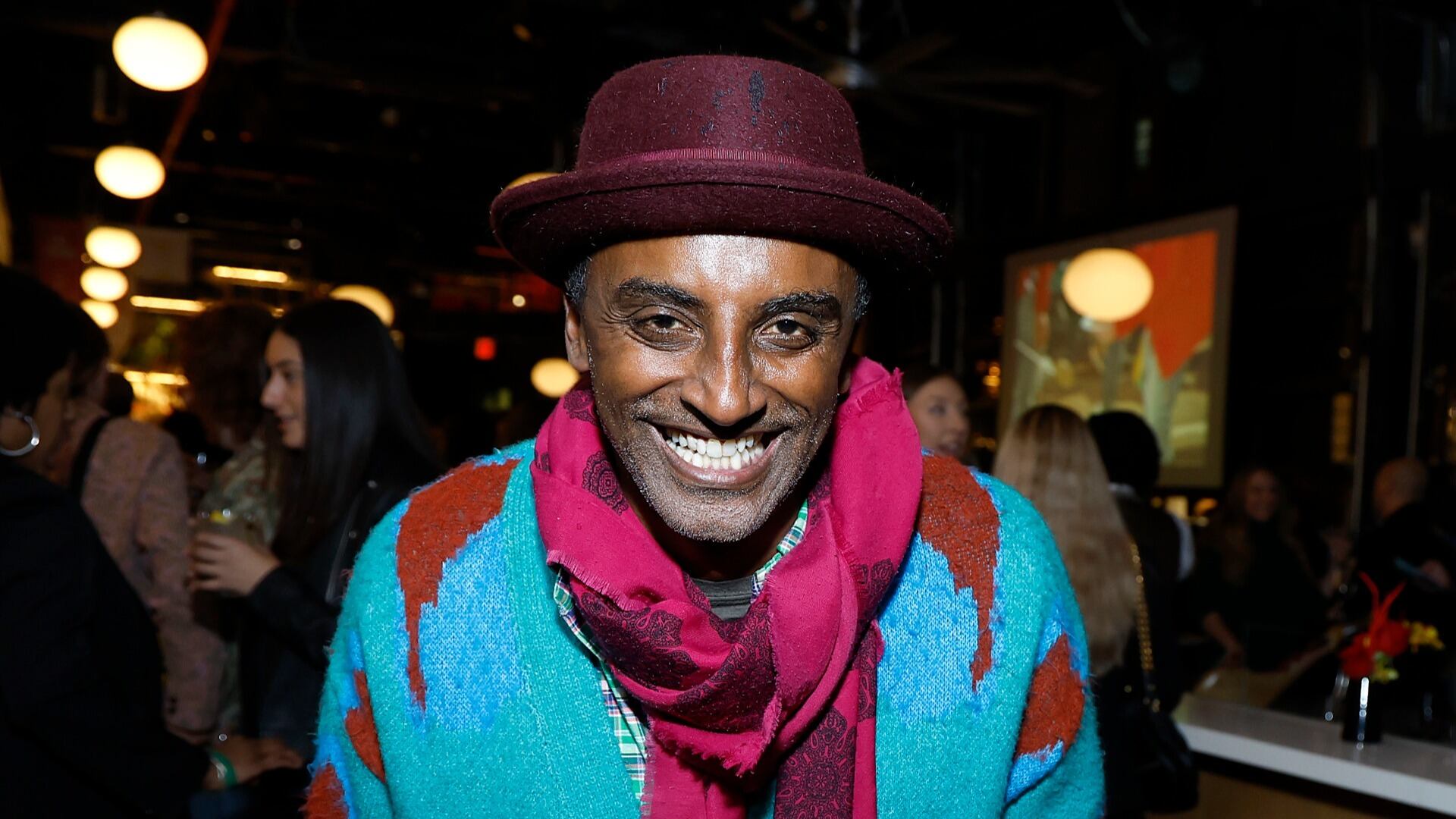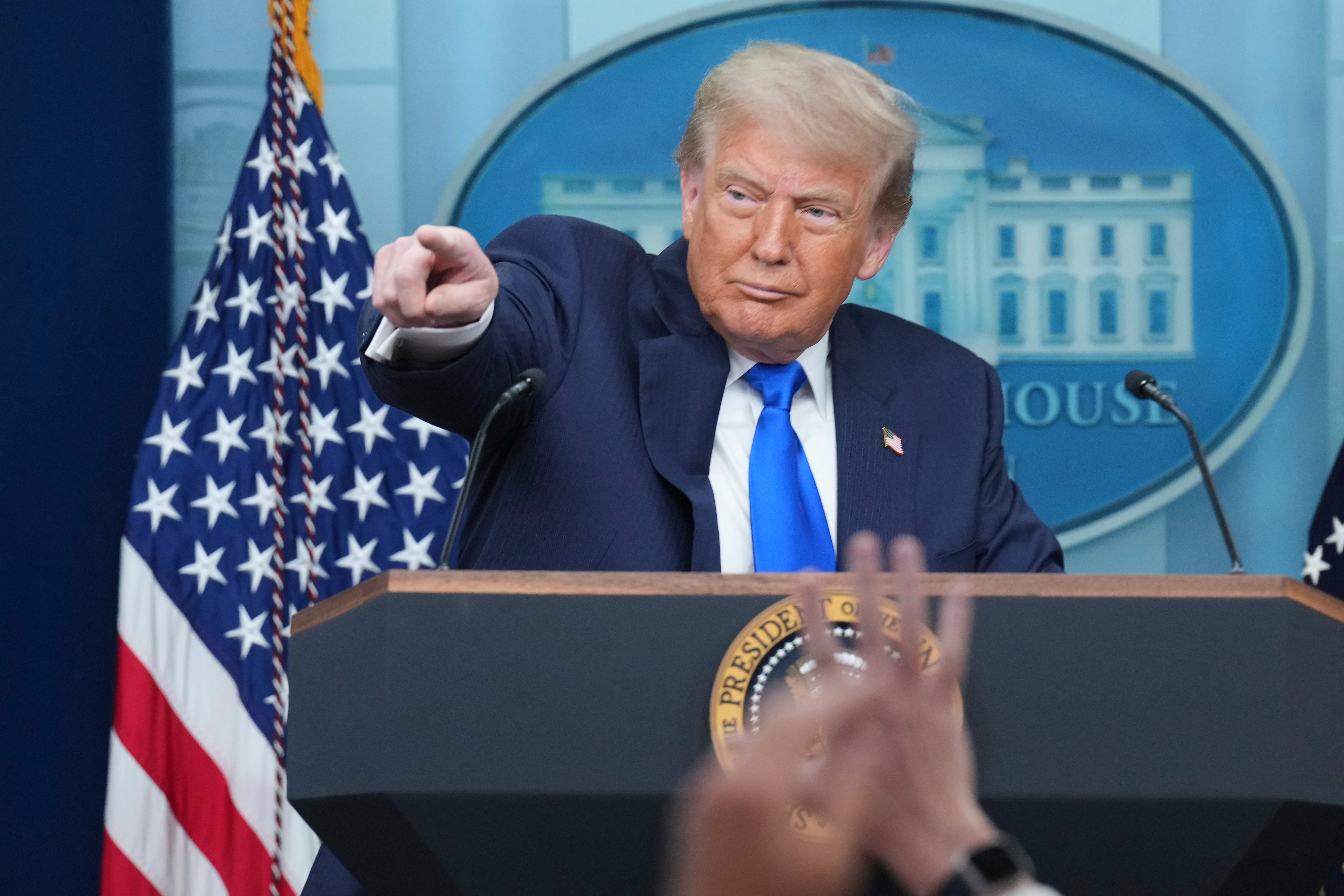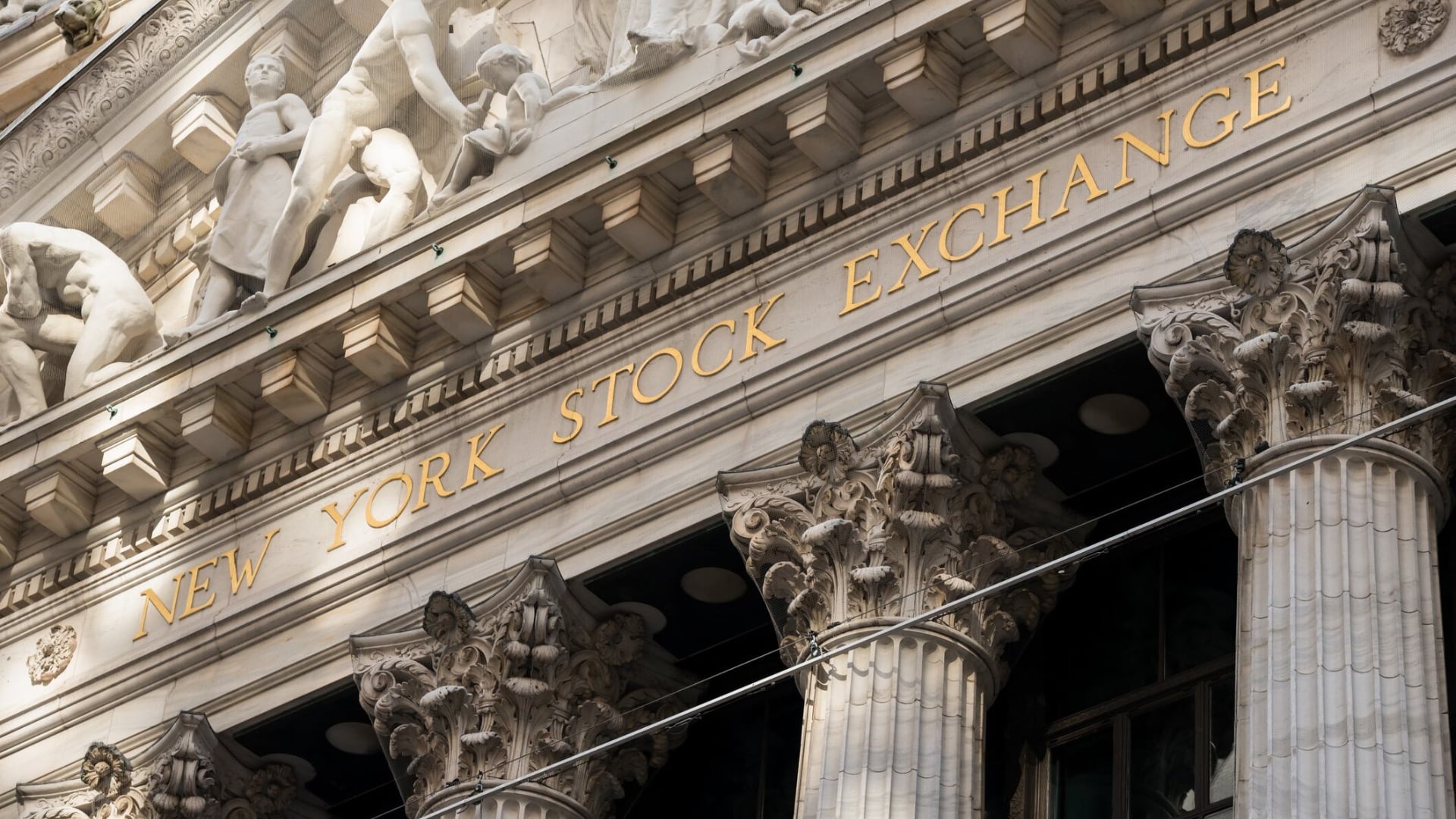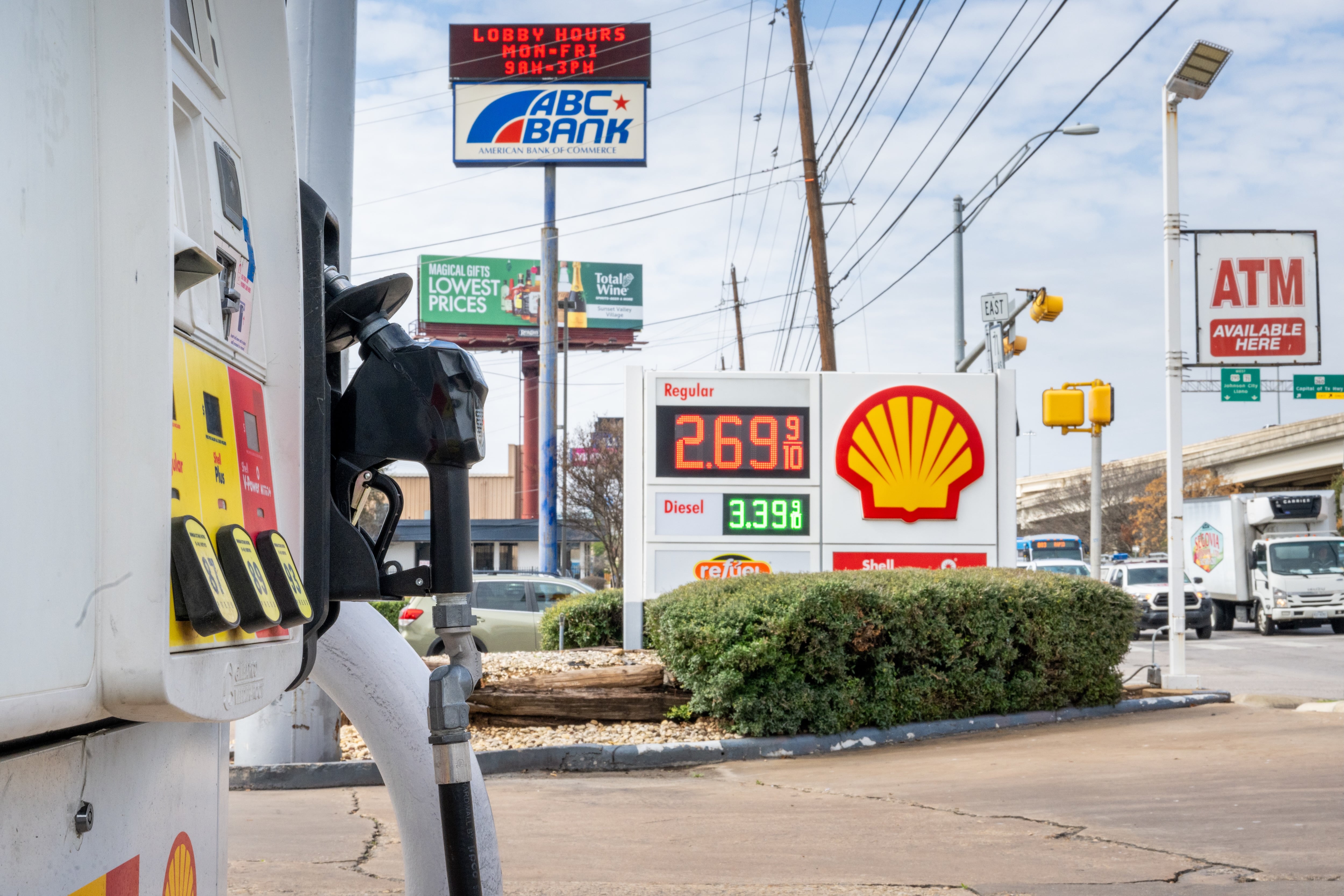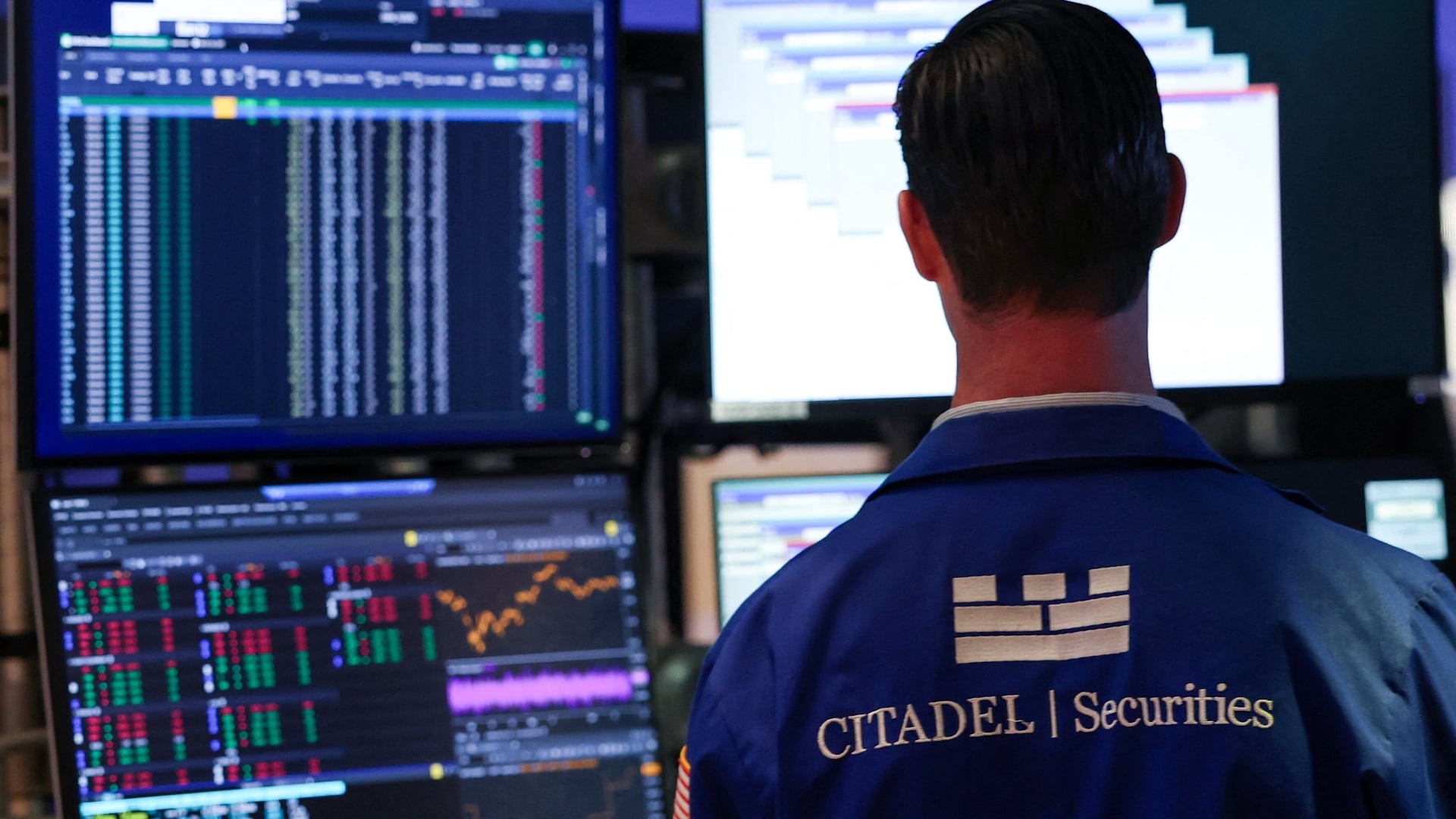Black History Month is coming to an end, which closes out Cheddar News' month-long series featuring Black-owned businesses and entrepreneurs.
Highlighted companies and individuals ranged from breweries and ice cream shops to celebrity chefs and congressional leaders.
Experts also provided background on the challenges facing Black-owned businesses and highlighted the untapped spending power of the Black community.
Here's a final rundown of the series in celebration of the end of Black History Month:
Learn How to Pour the Perfect Beer From the Experts at Montclair Brewery
Behind the Scenes at a Black-Owned Brewery in New Jersey
Congresswoman Ayanna Pressley Talks Trailblazing in Politics
Celebrity Chef Marcus Samuelsson Talks Being an Inspiration to His Community
NJ Ice Cream Shop Gets TikTok Love This Black History Month
Sherri Shepherd on Blazing Trails for Younger Generations
The Spending Power of the Black Community Supporting Black-Owned Businesses
'Black on the Wall: Like Father, Like Son' Highlights Black History on Wall Street
